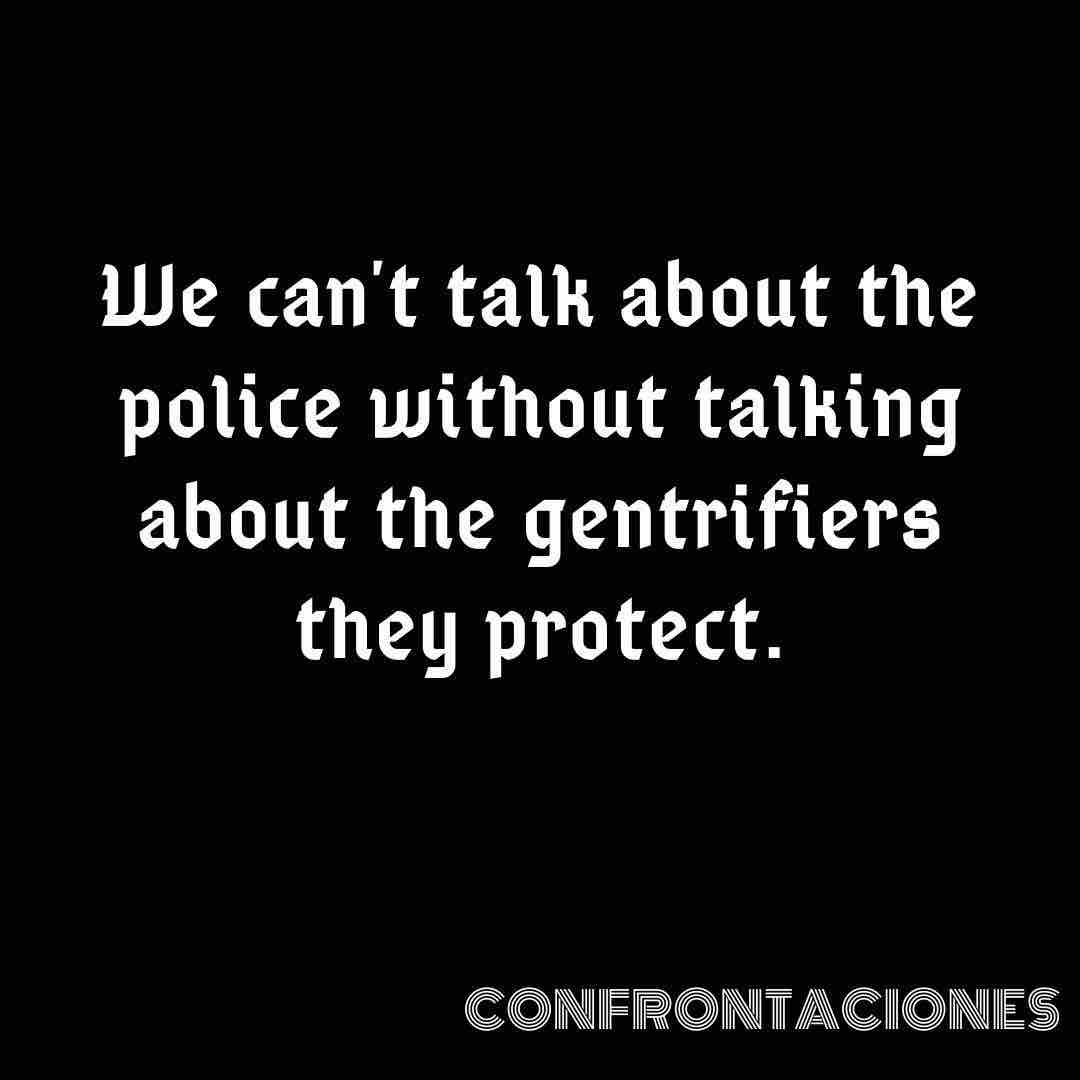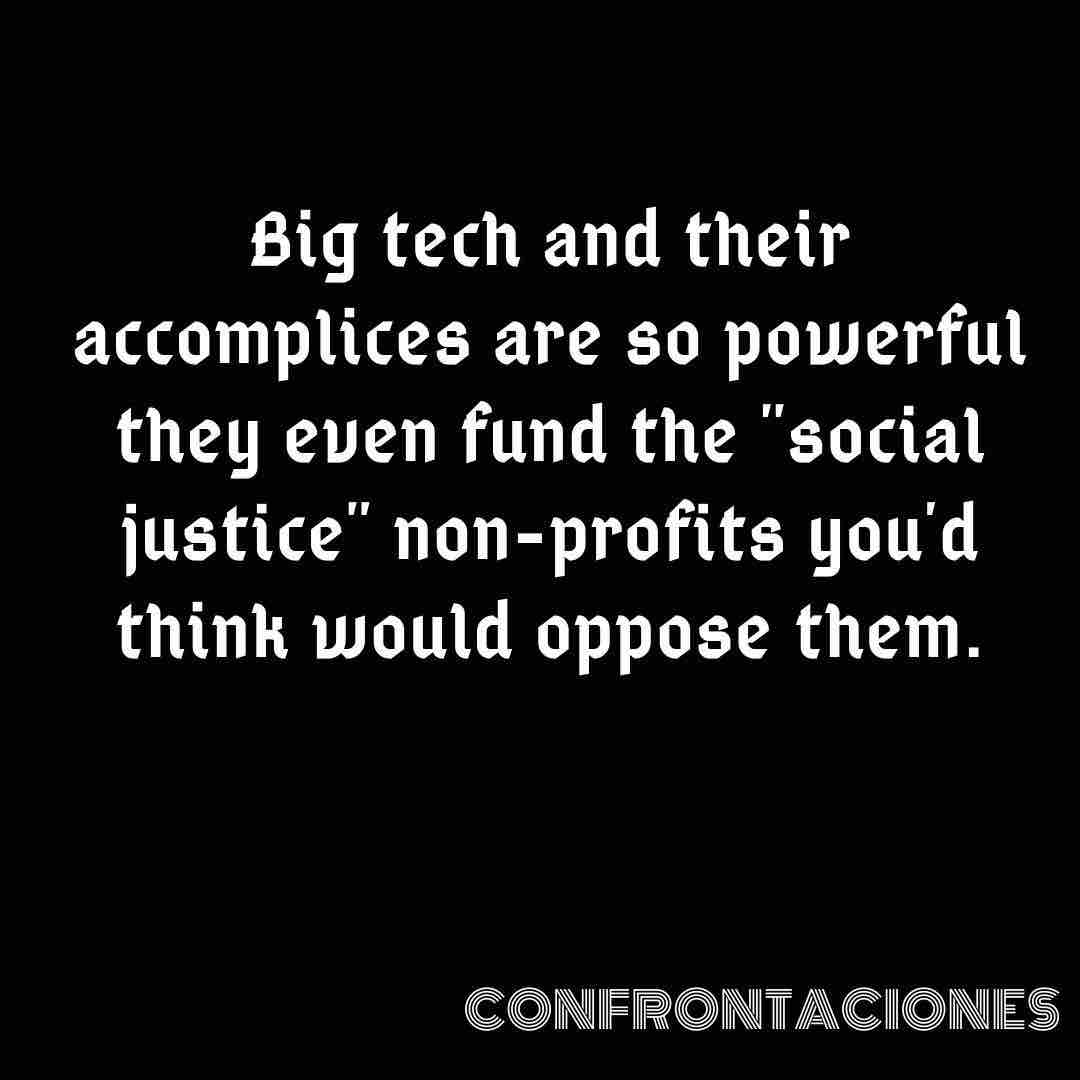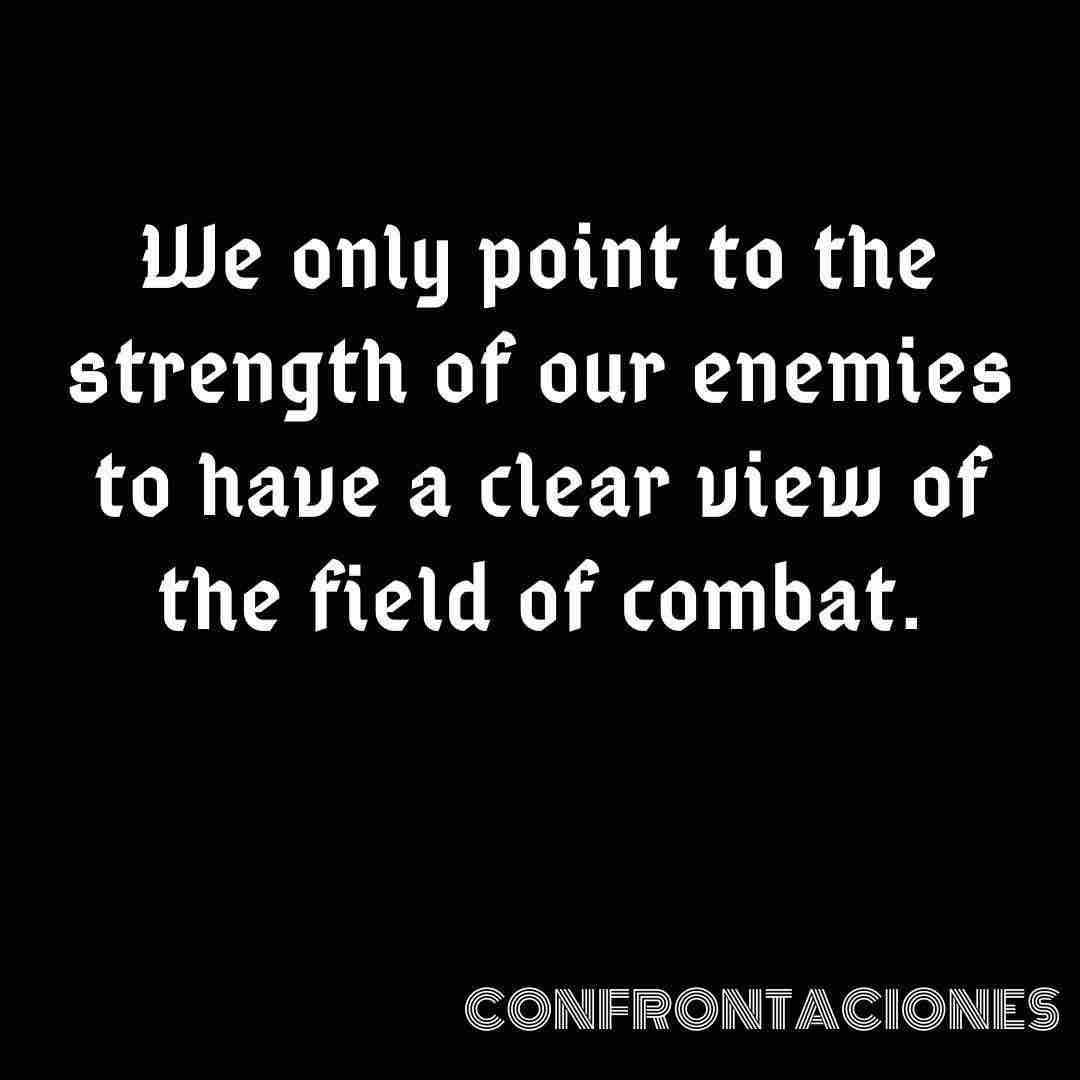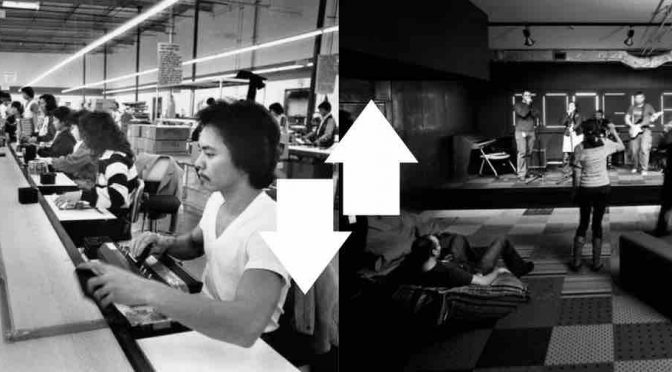This is the first piece in a series on gentrification. Part two is here.
———————————————————————————
Let’s talk about who the police serve.
Yes, they protect the institution of whiteness, ever since they got rebranded from the fugitive slave patrols. And yes, they protect the capitalists who write the laws and the prestige of the entire imperial apparatus that carries them out.
But to ground our struggles, we have to be specific. Because in today’s so-called Silicon Valley, there is a force so strong it pulls on every piece of the terrain of struggle.
The truth is we are being decimated. Our neighborhoods, our communities, all the pieces of our lives that make them worth living. Every day, more of us are priced out—to Arizona, to Idaho, to the Central Valley, to the streets. The rents keep rising, the pay stays the same, and there isn’t enough money to go around.

But what if the problem isn’t a lack of money, but an excess? Because San José isn’t a poor city. Actually, if you look at how much money the people who live here have, it’s the richest city in the United States. And the people who move in are always richer than the people they replace.
Gentrification is the process by which working people—proles—get forced out of entire neighborhoods and cities, displaced by a rising cost of living. Landlords keep raising the rents because there are richer and whiter people who can afford to pay them, as long as they get rid of us first. In some cities, those new richer replacements work for big banks or universities. In the “Silicon Valley,” they mostly work as techies.
There was a time when big business needed us around. They needed our parents and grandparents to move to the cities as workers for microchip factories and canneries. Our ancestors were promised that in exchange for their labor, they could call a part of these cities their homes. The worst parts, true, but a part all the same. So it happened that many of them gave up their languages and cultures and identities as part of the deal, that in exchange for all this they would be able to rent a tiny piece of America. And then these cities became our homes, too.

Or so we were told. But the factories are gone now, and the deal was betrayed. The big capitalists don’t need masses of sweatshop workers making microchips in Silicon Valley, because they found that they could pay sweatshop workers in Bangladesh and China and Ciudad Juárez even less.
What makes big business the most bucks today is for us to be gentrified out and for the winners of what they call the “New Economy” to take our place—the bankers, the techies, and the yuppies who are the ones making the real money for the big companies. Their New Economy might have a use for us cleaning their houses or serving their food, but it would just as well see us dying on the streets.
And since it’s big tech making the real money in San José, it’s big tech calling the shots. Combined, big tech firms like Google and Apple have over a trillion dollars, not in investments or stock market value but in actual liquid cash stored in their offshore bank accounts.
They’re more powerful and wealthy than most countries, so ruling in a single city like San José is nothing to them.
So we can’t talk about politics and power in our city without talking about gentrification.
We can’t talk about police brutality without understanding the gentrifiers it protects.

Big tech and their accomplices are so powerful that in today’s Silicon Valley, they even fund the “social justice” non-profits that you’d think would oppose them.
We don’t point out the power of our enemies to inspire hopelessness. Hopeless and helpless is how they want us to feel. They want us to believe that it’s our fault we can’t afford the rent, that maybe if we’d been born richer or whiter or got our papers right or hadn’t dropped out then we too could afford to stay, too.
They want us hopeless because the hopeless only pray for salvation and wait. We are done waiting. We know it can’t go on, and we know that even in the so-called “Silicon Valley” there are more of us than there are of them. We know that we live in revolutionary times, and we know what home and liberation are worth.
We only point to the power of our enemies, then, to have a clear view of the field of combat. We point to the reality of our situation so that we and others like us might find our strength. We know that what little we’ve been given in their shit society was won by the struggle of those who came before us, and we’re glad to have you with us as we fight for everything else.
– An anonymous prole
Part two is this series is here.

